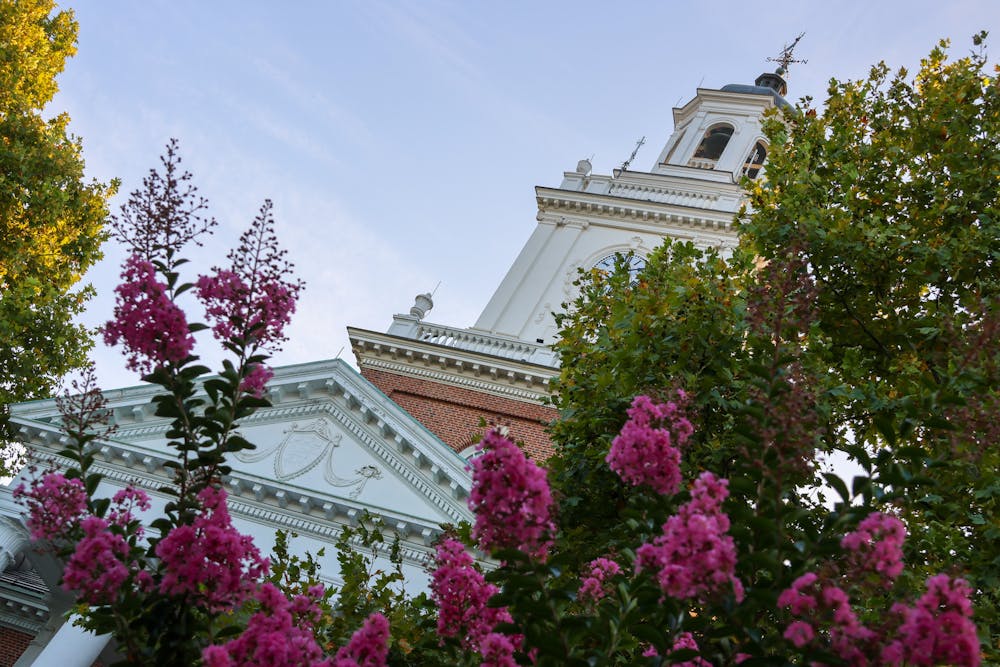On April 3, Tuesday, the University introduced the Johns Hopkins Institute for Planetary Health (JHIPH) in a University-wide broadcast. The institute is one of the cross-university initiatives that Hopkins has been pursuing as part of the Ten for One Strategic Plan.
“The Johns Hopkins Institute for Planetary Health will harness the powerful expertise of our combined schools, along with our existing Centers and Institutes, to confront pressing challenges of the Earth crisis,” the broadcast wrote.
JHIPH is led by Dr. Sam Myers and Dr. Marie Studer, who serve as the Faculty Director and Executive Director, respectively. Myers is a professor at the Bloomberg School of Public Health and the Director of the Planetary Health Alliance (PHA). Studer has been with the PHA as the Program Director from 2020 to 2023 and Executive Director since 2023.
PHA is an organization founded in 2015 with more than 400 universities, non-governmental organizations, research institutes and government entities as member organizations. Its administrative office is housed at the Johns Hopkins University Bloomberg Center at 555 Pennsylvania Avenue, and it will work as a liaison between JHIPH and the global community.
The broadcast explained that the field of Planetary Health will explore the impact of human activity on the environment, including pollution, marine system degradation and biodiversity decline.
“Planetary health is a relatively new and rapidly expanding field that provides a critical framework for understanding — and transforming — our relationship with the planet we inhabit,” the broadcast wrote.
Junior Stephanie Rodriguez shared that she was surprised when she first received the news in an interview with The News-Letter.
“I want to know how involved students were in this because this is the first time I’m hearing about [the institute],” she said.
In an interview with The News-Letter, Junior Rachel Oh agreed and pointed out that she didn’t see as much student engagement in the development of JHIPH compared to other projects such as the SNF Agora Institute or the Chloe Center.
“I feel like students are way more involved in other initiatives,” she noted. “This feels like out of nowhere.”
Nevertheless, students were excited to see the development of a center that focuses on the environment.
Sophomore Michaela Goo expressed enthusiasm for the Institute in an interview with The News-Letter.
“I think it’s a good initiative for the school to come up with something that focuses on the health of the Earth,” she said. “I’m also excited to see how our school is going to develop plans that not only just focus on climate change, but other concerns regarding our environmental health such as pollution.”





